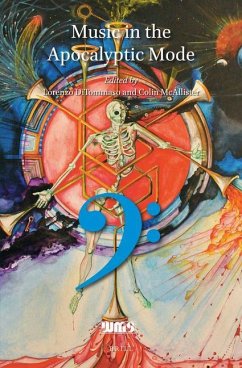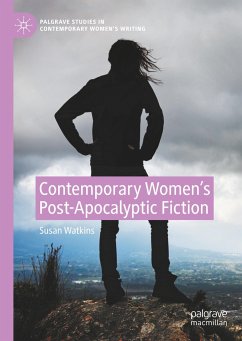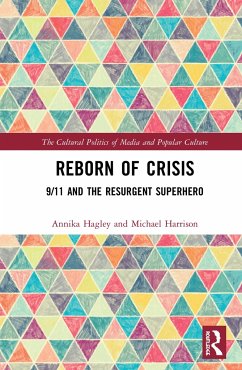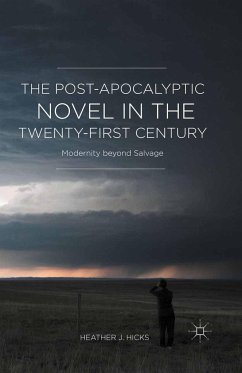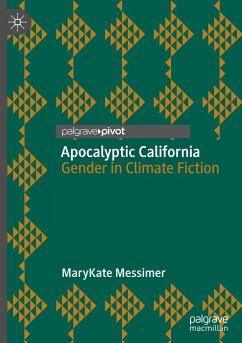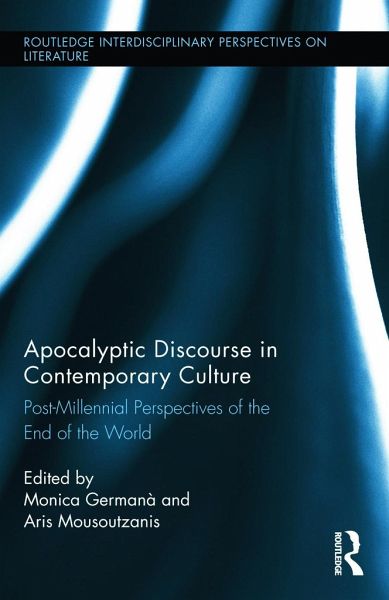
Apocalyptic Discourse in Contemporary Culture
Post-Millennial Perspectives on the End of the World
Herausgeber: Germana, Monica; Mousoutzanis, Aris
Versandkostenfrei!
Versandfertig in 1-2 Wochen
187,99 €
inkl. MwSt.

PAYBACK Punkte
94 °P sammeln!
This interdisciplinary collection of essays focuses on critical and theoretical responses to the apocalypse of the late twentieth- and early twenty-first-century cultural production. Examining the ways in which apocalyptic discourses have had an impact on how we read the world's globalised space, the traumatic burden of history, and the mutual relationship between language and eschatological belief, fifteen original essays by a group of internationally established and emerging critics reflect on the apocalypse, its past tradition, pervasive present and future legacy.



